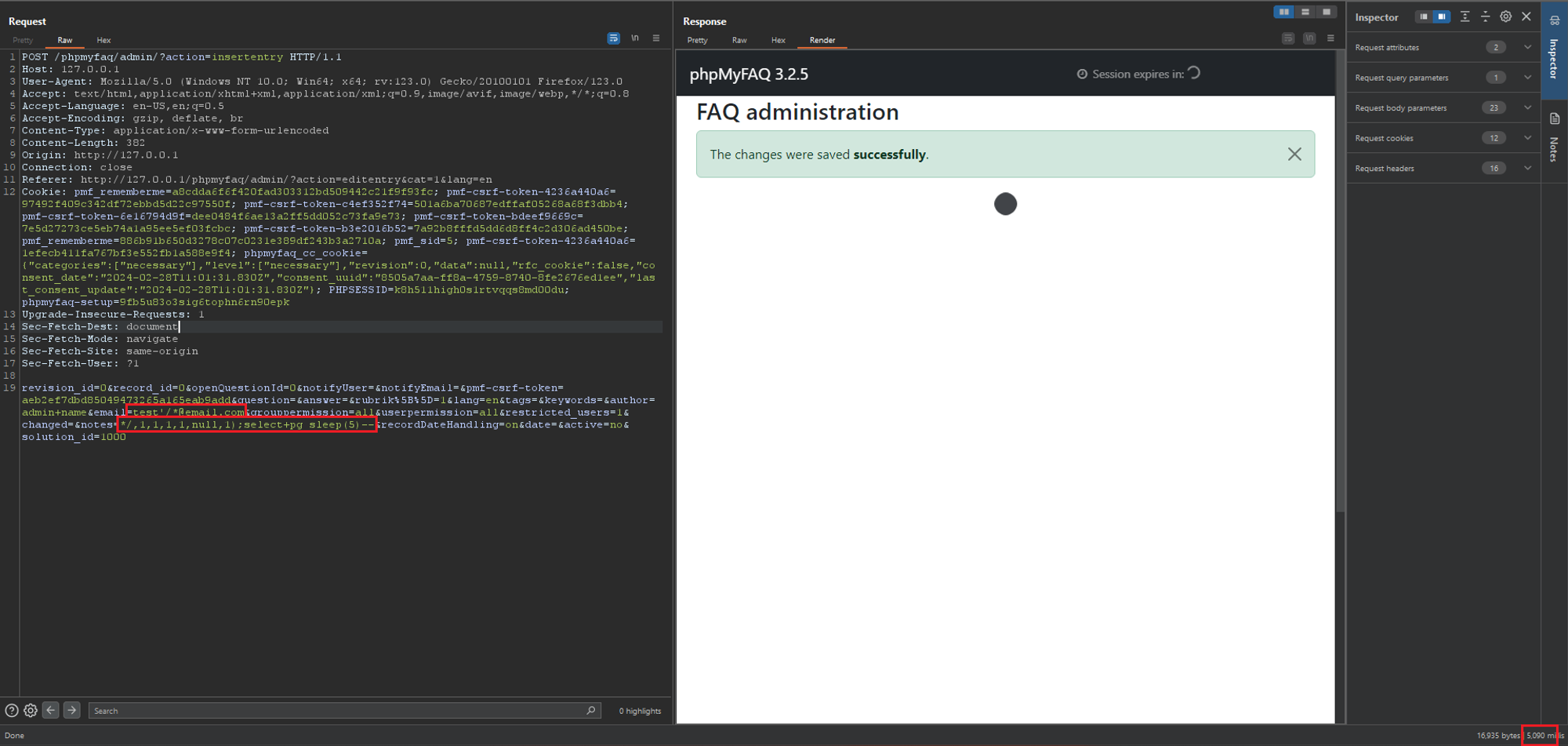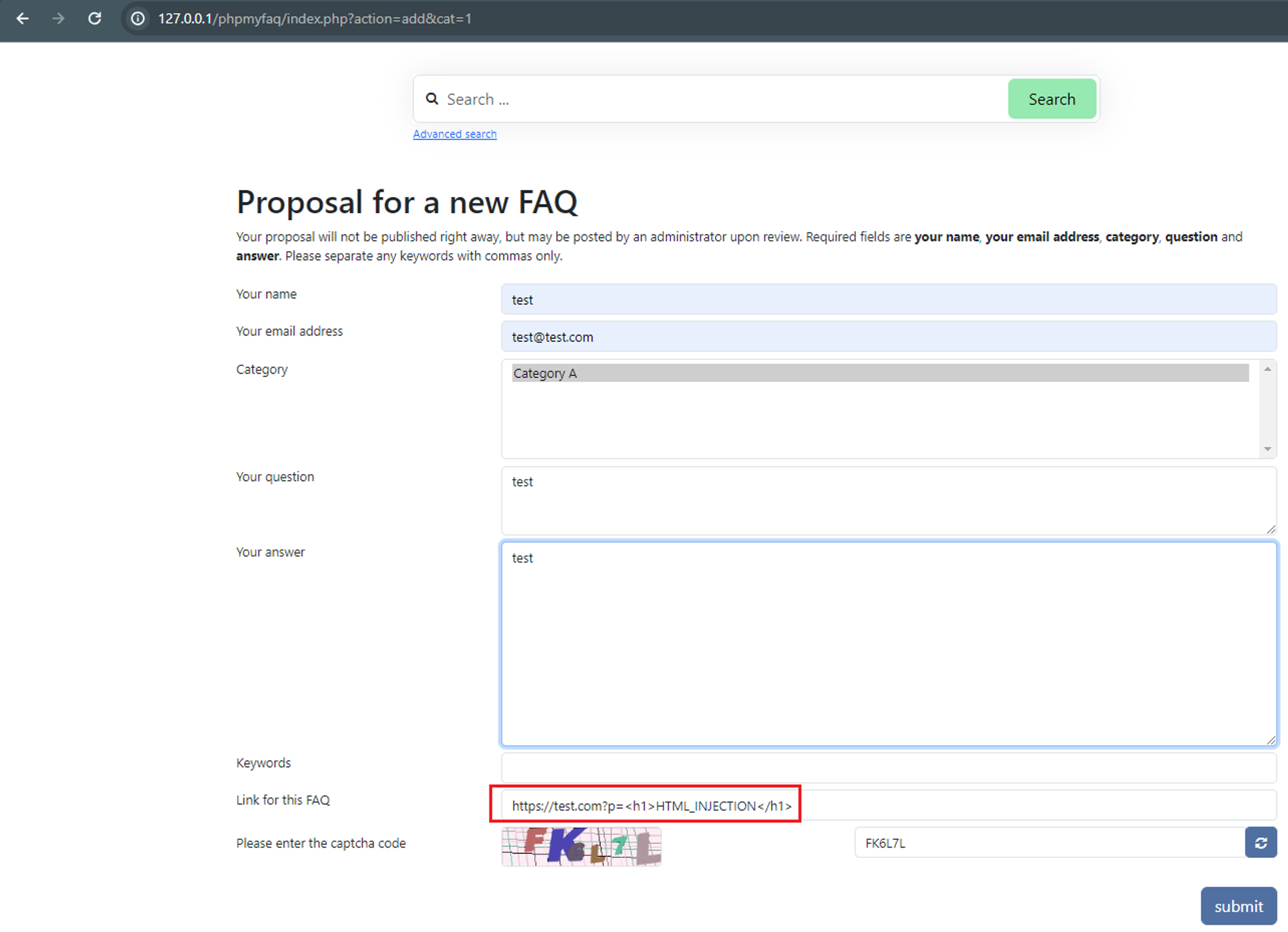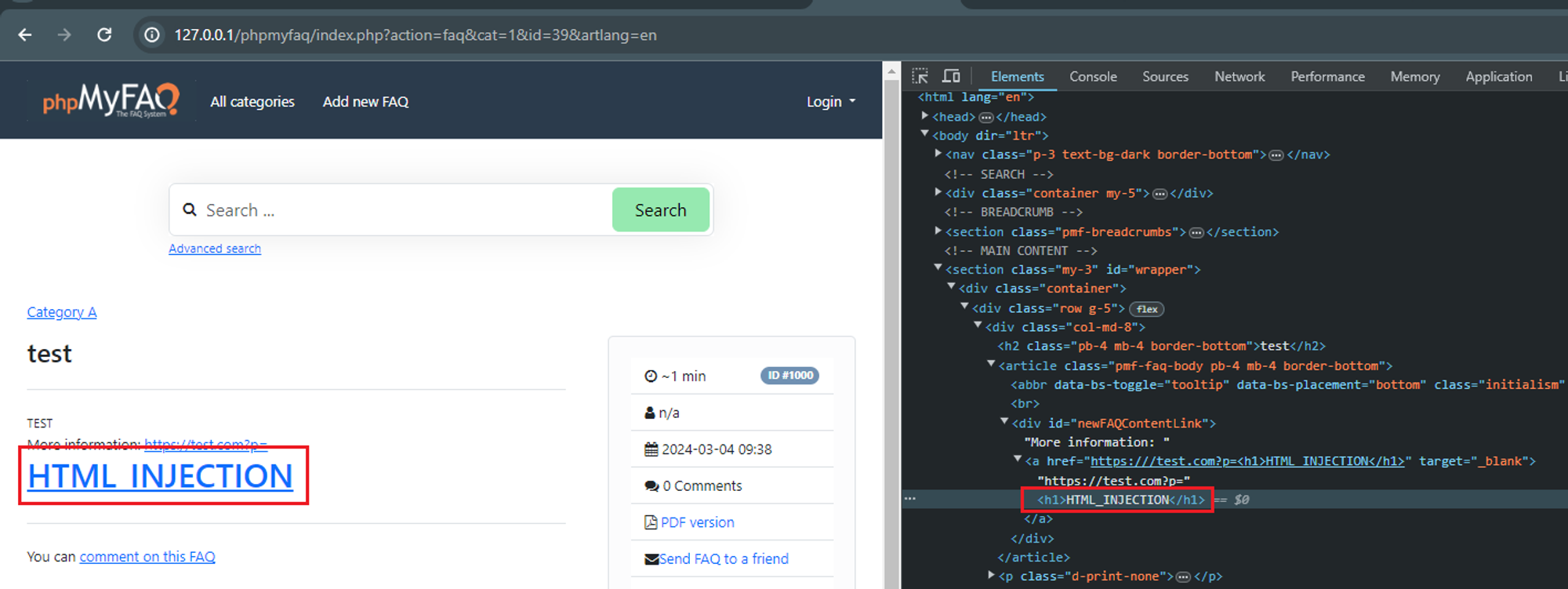Tag
#auth
View CSAF 1. EXECUTIVE SUMMARY CVSS v3 7.8 ATTENTION: low attack complexity Vendor: Rockwell Automation Equipment: Arena Simulation Software Vulnerabilities: Out-of-bounds Write, Heap-based Buffer Overflow, Improper Restriction of Operations within the Bounds of a Memory Buffer, Use After Free, Access of Uninitialized Pointer, Out-of-bounds Read 2. RISK EVALUATION Successful exploitation of these vulnerabilities could crash the application or allow an attacker to run harmful code on the system. 3. TECHNICAL DETAILS 3.1 AFFECTED PRODUCTS Rockwell Automation reports that the following versions of Arena Simulation Software are affected: Arena Simulation Software: version 16.00 3.2 Vulnerability Overview 3.2.1 Out-of-bounds Write CWE-787 An arbitrary code execution vulnerability could let a malicious user insert unauthorized code into the software. This is done by writing beyond the designated memory area, which causes an access violation. Once inside, the threat actor can run harmful code...
By Uzair Amir Discover the top three cybersecurity tools designed to safeguard your business data from online threats and breaches, ensuring secure data transfer. This is a post from HackRead.com Read the original post: Top 3 Cybersecurity Tools to Protect Business Data
A high court in London says the WikiLeaks founder won’t be extradited “immediately” and the US must provide more “assurances” about any extradition.
### Impact A number of Nautobot URL endpoints were found to be improperly accessible to unauthenticated (anonymous) users, including the following: - `/api/graphql/` (1) - `/api/users/users/session/` (Nautobot 2.x only; the only information exposed to an anonymous user is which authentication backend classes are enabled on this Nautobot instance) - `/dcim/racks/<uuid:pk>/dynamic-groups/` (1) - `/dcim/devices/<uuid:pk>/dynamic-groups/` (1) - `/extras/job-results/<uuid:pk>/log-table/` - `/extras/secrets/provider/<str:provider_slug>/form/` (the only information exposed to an anonymous user is the fact that a secrets provider with the given slug (e.g. `environment-variable` or `text-file`) is supported by this Nautobot instance) - `/ipam/prefixes/<uuid:pk>/dynamic-groups/` (1) - `/ipam/ip-addresses/<uuid:pk>/dynamic-groups/` (1) - `/virtualization/clusters/<uuid:pk>/dynamic-groups/` (1) - `/virtualization/virtual-machines/<uuid:pk>/dynamic-groups/` (1) (1) These endpoints will not discl...
Vans warns its customers about phishing and other fraud attacks in the aftermath of a ransomware attack in December
### Summary A SQL injection vulnerability has been discovered in the `insertentry` & `saveentry` when modifying records due to improper escaping of the email address. This allows any authenticated user with the rights to add/edit FAQ news to exploit this vulnerability to exfiltrate data, take over accounts and in some cases, even achieve RCE. ### PoC 1 - SQL Injection at insertentry: 1. Browse to “/admin/?action=editentry”, edit record and save. Intercept the POST request to "/admin/?action=insertentry" and modify the email and notes parameters in the body to the payloads below: a. `email=test'/*@email.com` b. `notes=*/,1,1,1,1,null,1);select+pg_sleep(5)--` 2. Send the request and notice the `pg_sleep(5)` command is executed with a time delay of 5 seconds in the response. This verifies that the SQL injection vulnerability exists.  ### PoC 2 - SQL Injection at saveentry 1....
### Summary Due to insufficient validation on the `contentLink` parameter, it is possible for unauthenticated users to inject HTML code to the page which might affect other users. _Also, requires that adding new FAQs is allowed for guests and that the admin doesn't check the content of a newly added FAQ._ ### PoC 1. Browse to ../phpmyfaq/index.php?action=add&cat=0 , enter `https://test.com?p=<h1>HTML_INJECTION</h1>` for the contentLink parameter.  2. Verify the HTML injection by viewing the FAQ itself, “All categories” → “CategoryName” → ”QuestionName”.  ### Impact Attackers can manipulate the appearance and functionality of web pages by injecting malicious HTML code. This can lead to various undesirable outcomes, such as defacing the website, redirecting users to malicious sites, or alte...
### Summary A SQL injection vulnerability has been discovered in the the "Add News" functionality due to improper escaping of the email address. This allows any authenticated user with the rights to add/edit FAQ news to exploit this vulnerability to exfiltrate data, take over accounts and in some cases, even achieve RCE. ### Details The vulnerable field lies in the `authorEmail` field which uses PHP's `FILTER_VALIDATE_EMAIL` filter. This filter is insufficient in protecting against SQL injection attacks and should still be properly escaped. However, in this version of phpMyFAQ (3.2.5), this field is not escaped properly can be used together with other fields to fully exploit the SQL injection vulnerability. ### PoCs 4 PoCs are demonstrated here to illustrate the potential impacts. #### PoC 1 - Postgres Time Based SQLi 1. Login as admin or any user with the rights to view and save news. 2. Navigate to "../phpmyfaq/admin/?action=news", click on "Add news", fill in some data, send and...
### Summary Burn uses an unprotected C:\Windows\Temp directory to copy binaries and run them from there. This directory is not entirely protected against low privilege users. ### Details When a bundle runs as SYSTEM user, Burn uses GetTempPathW which points to an insecure directory C:\Windows\Temp to drop and load multiple binaries. Standard users can hijack the binary before it's loaded in the application resulting in elevation of privileges. icacls c:\windows\temp **BUILTIN\Users:(CI)(S,WD,AD,X)** BUILTIN\Administrators:(F) BUILTIN\Administrators:(OI)(CI)(IO)(F) NT AUTHORITY\SYSTEM:(F) NT AUTHORITY\SYSTEM:(OI)(CI)(IO)(F) CREATOR OWNER:(OI)(CI)(IO)(F) Built in users(non-administrators) have special permissions to this folder and can create files and write to this directory. While they do not have explicit read permissions, there is a way they can monitor the changes to this directory using ReadDirectoryChangesW API and thus figure out randomized folder names ...
### Summary The custom action behind WiX's `RemoveFolderEx` functionality could allow a standard user to delete protected directories. ### Details `RemoveFolderEx` deletes an entire directory tree during installation or uninstallation. It does so by recursing every subdirectory starting at a specified directory and adding each subdirectory to the list of directories Windows Installer should delete. If the setup author instructed `RemoveFolderEx` to delete a per-user folder from a per-machine installer, an attacker could create a directory junction in that per-user folder pointing to a per-machine, protected directory. Windows Installer, when executing the per-machine installer after approval by an administrator, would delete the target of the directory junction.